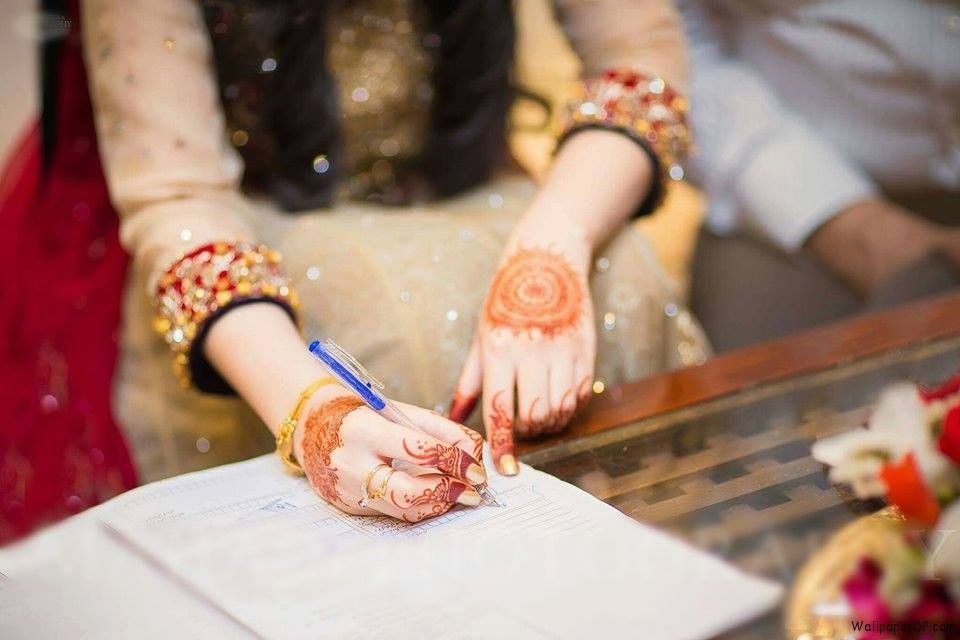Court marriage in Haridwar is not an easy task and it can be quite traumatic for the wedding couple. It is not uncommon that a groom or bride gets to a point when he or she is desperate enough to have a quickie divorce. This is usually due to some big misunderstanding which is resolved in the court and then the case is dismissed. But this does not mean that a marriage in Haridwar cannot be saved despite all the odds. Here are a few important tips for a person going in for a Court Marriage in Haridwar. It is obvious that you will have to find out the exact reason for the case against the groom and the bride. It is important to understand the legal technicalities of the case and the role of the lawyers involved. You must also find out what the proceedings are like in the Court of Protection. The other details such as the father's name, present address, mobile number, date of birth, occupation, and so on will also be very helpful. The very first step that you need to take is that you should find out what is the stipulated age limit for a marriage in Haridwar. Many marriages end up as a sham and the couple gets married only after they are pressured by friends or family members. Court marriages in Haridwar do happen and they are arranged quite often. So you should ask yourself whether the marriage is being arranged out of love or out of any other motive. You should check with the local courts to find out how the proceedings of the marriages are carried out. After you have settled this question, you should start collecting the case details. Gather all the relevant documents and evidences related to the case. You should also collect the papers of the marriage and of the parents of both the bride and the groom. There are many other documents and evidences which are required for this purpose and you would have to gather them carefully. Now that you have the basic information in your hand, the next step is to contact the judge who is known to you or the court clerk. It is important to be polite and behave properly at this meeting. You should mention the names of the bride and the groom along with their respective ages. You should also mention the name of the guardian or the person who has custody of the child.
The Arya Samaj is a Hindu religious ritual that has been used to celebrate the marriage of a boy and a girl known as "Arya Samaj". The marriage is performed in the presence of a temple judge who is known as a "Sha guru". This grand function is conducted with much pomp and show. The "Arya Samaj" festival is celebrated for three days beginning from the day of engagement when the groom's father presents his daughter in marriage to the bride's father. The wedding feast is spread before the wedding and this concludes with a grand public celebration by a large gathering of family and friends. It is believed that the marriage is performed on the auspicious night of Karthik Purnima (January / February) but this is not always the case.
Court Marriage is a common procedure, which has to be followed by everyone. If a marriage is not registered it is not considered valid during legal procedures such as, applying for a joint home loan. You could also be fined for not registering your marriage. It is a rule that all the marriages have to be registered whether you are having a wedding ceremony or not.
A marriage certificate is an important proof, in case there are some problems between you and your spouse in the future and a legal action needs to be taken.
Advantages of Court Marriage Certificate:-
• Certificate of Marriage is a document, which provides valuable evidence of marriage;
• Certificate of Marriage is a document providing social security, self-confidence particularly among married Women.
• Court Marriage Certificate is useful in getting the visa for the wife/husband.
• It will be helpful in claiming the Bank deposits or Life Insurance benefits when the depositee or the Insurer dies without a nomination or otherwise.
Documents required for the Performance & Registration of Court Marriage
1. Passport Size Photographs – four each of Marrying Persons.
2. Residential Proof (Voter Card / Passport / Ration Car / Driving License / Bank Passbook / Lease Deed / Rent Deed) of Marrying Persons.
3. Date of Birth Proof (Municipal Corporation Certificate, X th or XII th Examination Certificate, Passport, PAN Card) of Marrying Persons.
4. If any party is divorcee Certified copy of Decree of Divorce granted by the Court.
5. If any party is widow / widower Death Certificate of the dead spouse.
6. If any party is a Foreign Citizen or holding a foreign Passport or is having foreign residential address – Certificate of Present Marital Status of the party / No Impediment Certificate / NOC from concerned Embassy and Valid VISA.
7. Two Witnesses (Both should be major)



